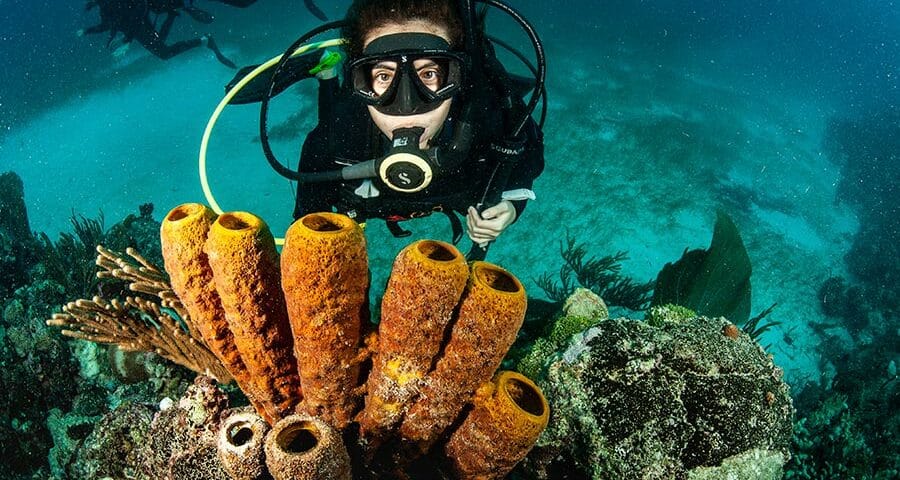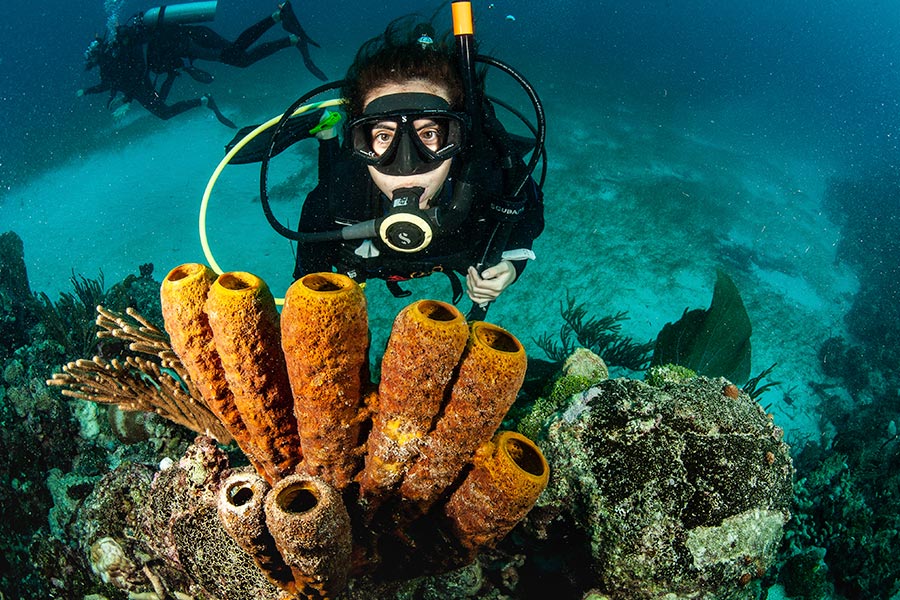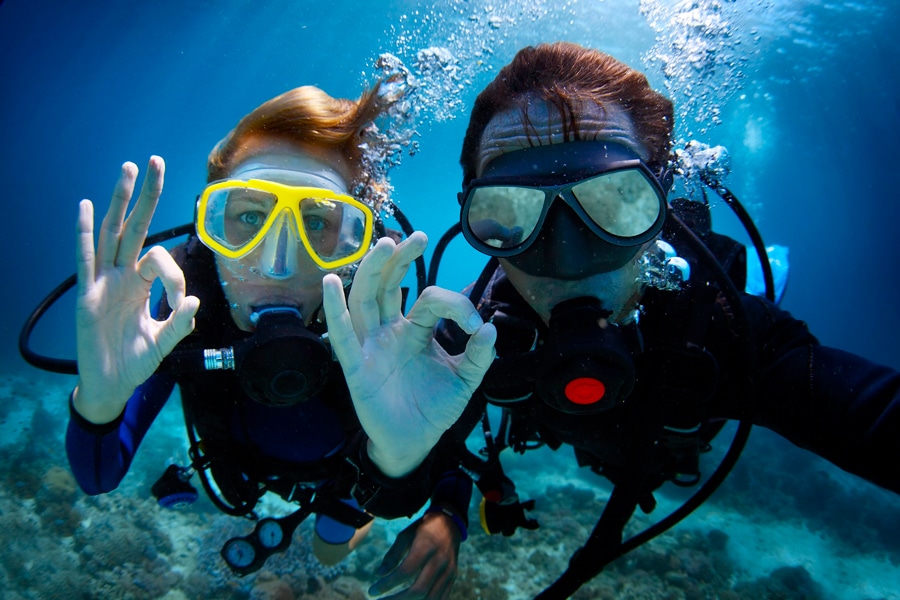3. Pre-Dive Medical Examination
Recreational diving, whether SCUBA or freediving, poses very few health risks for most people, but certain physical conditions can increase risks, sometimes not obvious to those wishing to become divers.
Therefore, it is crucial for diving doctors to conduct a thorough examination to detect these conditions. Some of them include:
Mental health: It is crucial to assess whether a candidate has the capacity to learn and apply theoretical diving knowledge, as well as observe their behavior in the training environment.
The otorhinolaryngological system is vital for divers, as any pressure imbalance during ascent and descent can cause anything from discomfort to injuries. The middle ear and paranasal sinuses must be properly equalized to avoid complications. Additionally, it is crucial that the larynx and pharynx are free from obstructions to ensure proper breathing underwater.
Medical conditions related to the cardiovascular, gastrointestinal, hematological, endocrine, and neurological systems, as they can affect the diver’s safety. For example, heart diseases, coagulation disorders, or epilepsy can pose risks to health during diving.
In summary, the medical evaluation of potential divers should be comprehensive and personalized, considering all these aspects to ensure the safety and well-being of individuals during dives.
Therefore, a diving fitness assessment includes a complete medical history and a detailed physical examination, a resting electrocardiogram, pulmonary function tests, and an assessment of exertion, usually performed with a bicycle ergometer or a treadmill.
Remember: most insurance companies and diving operators require a medical certification for diving.










